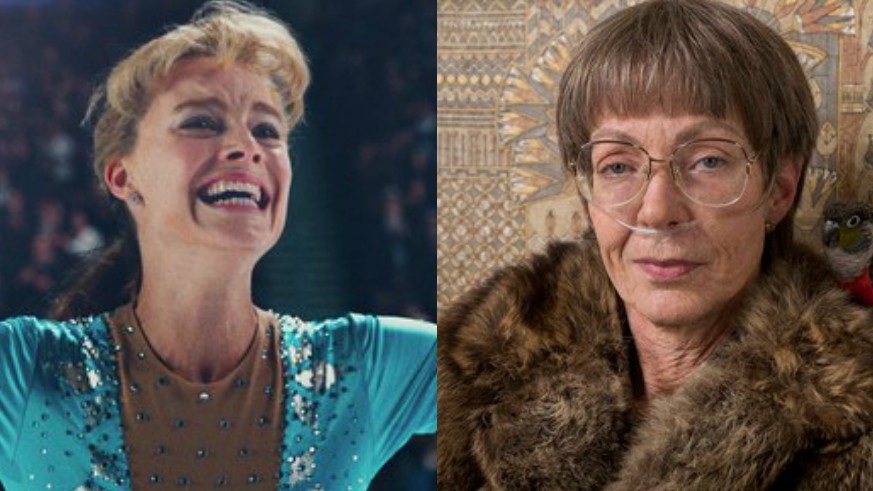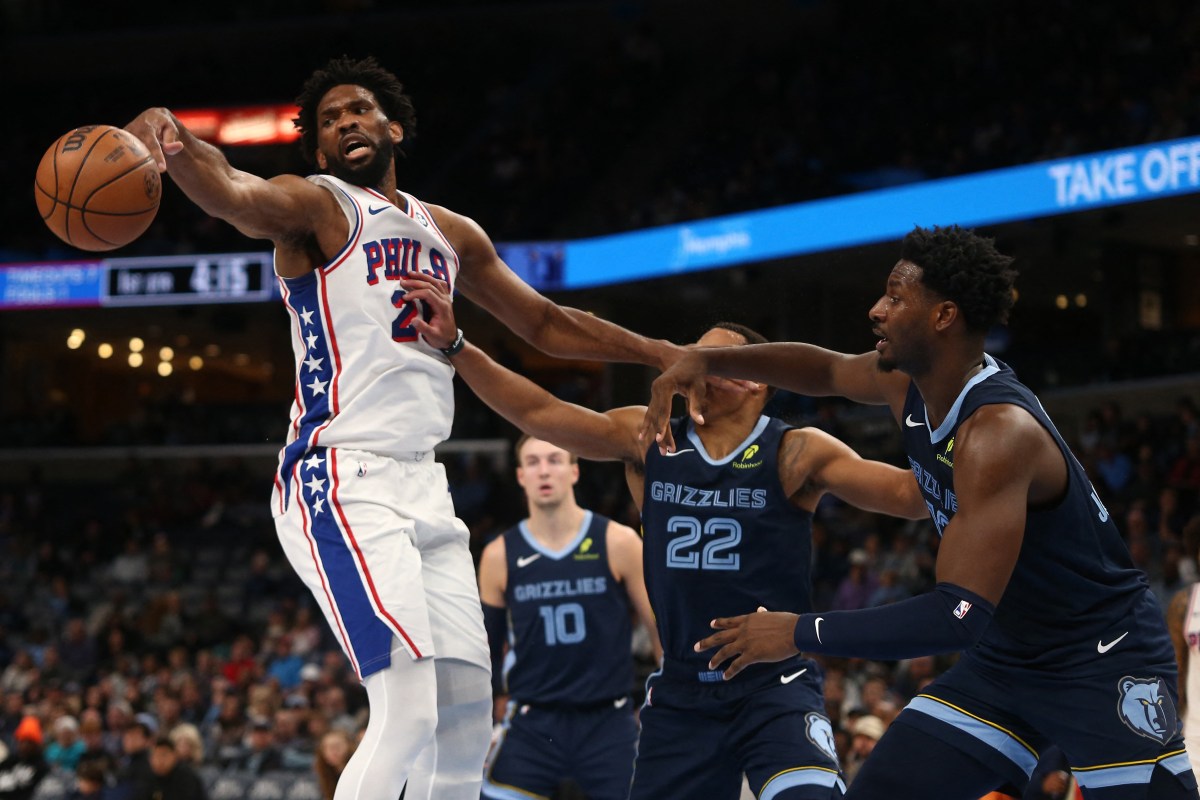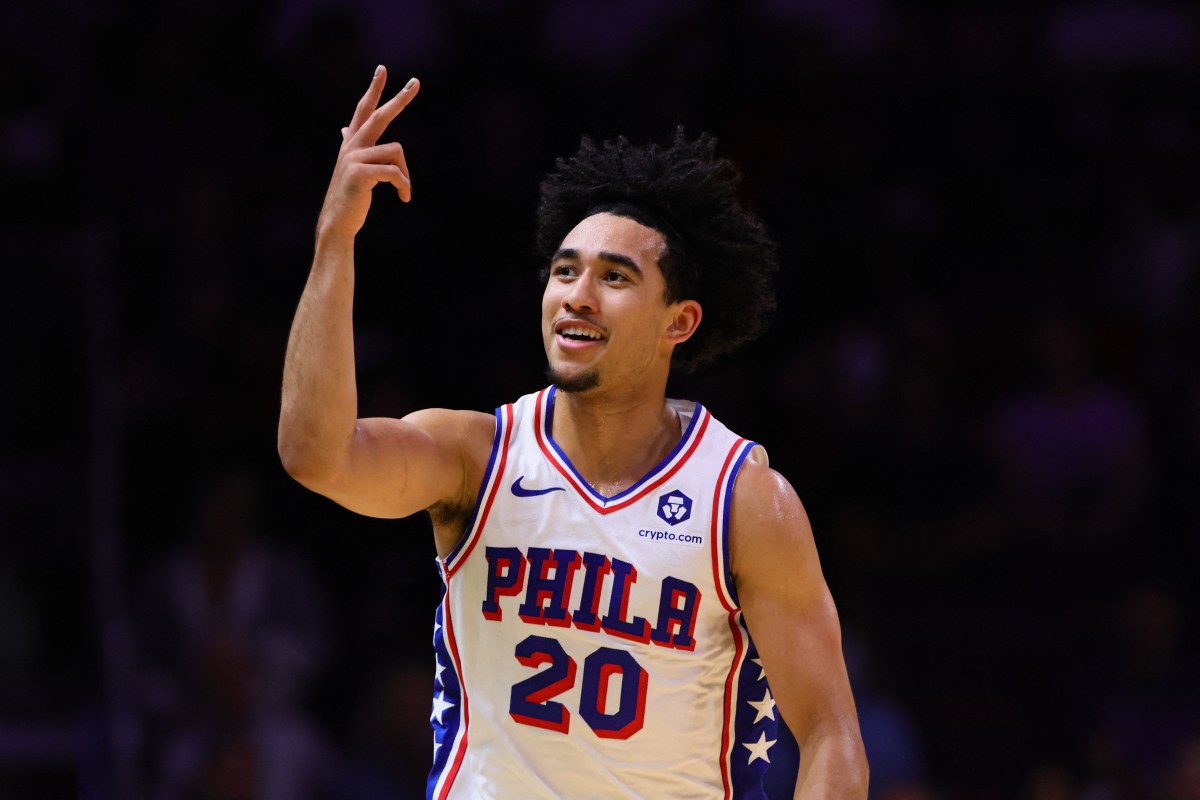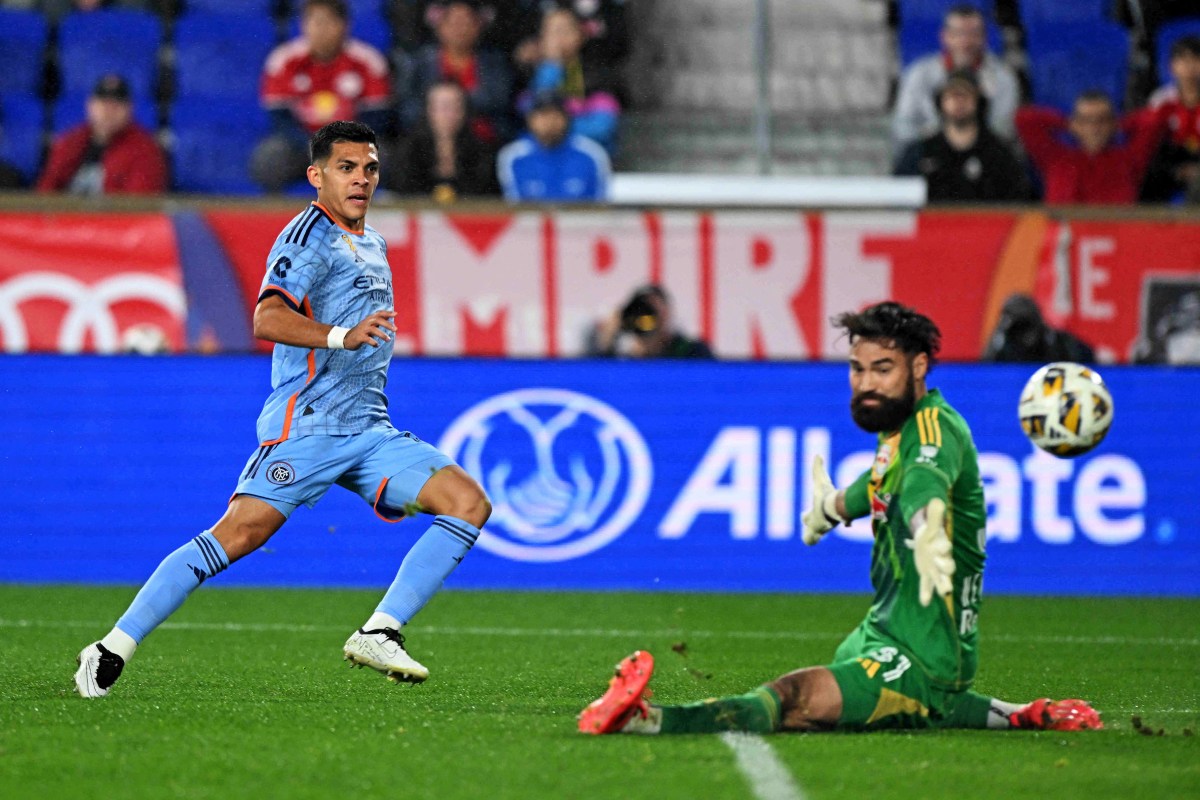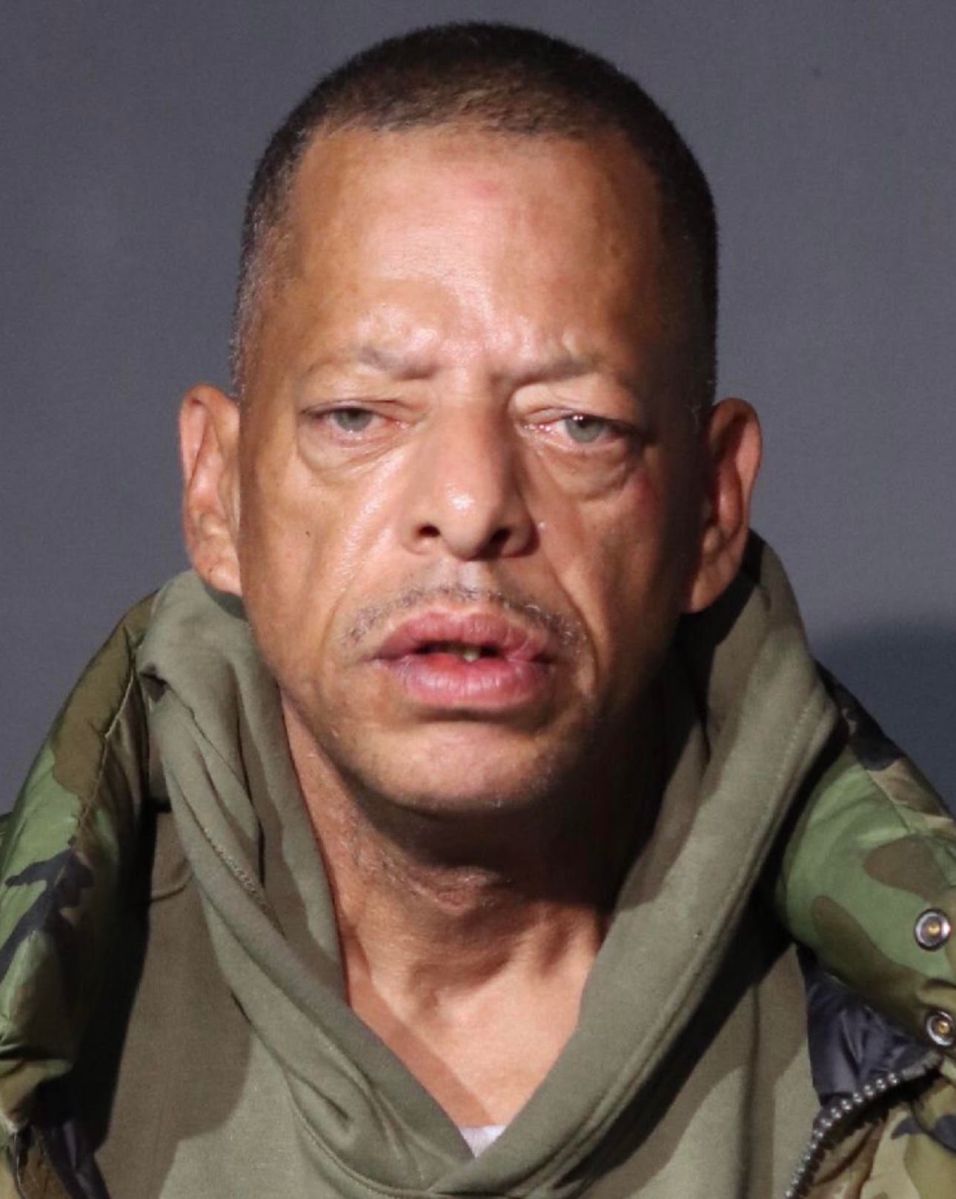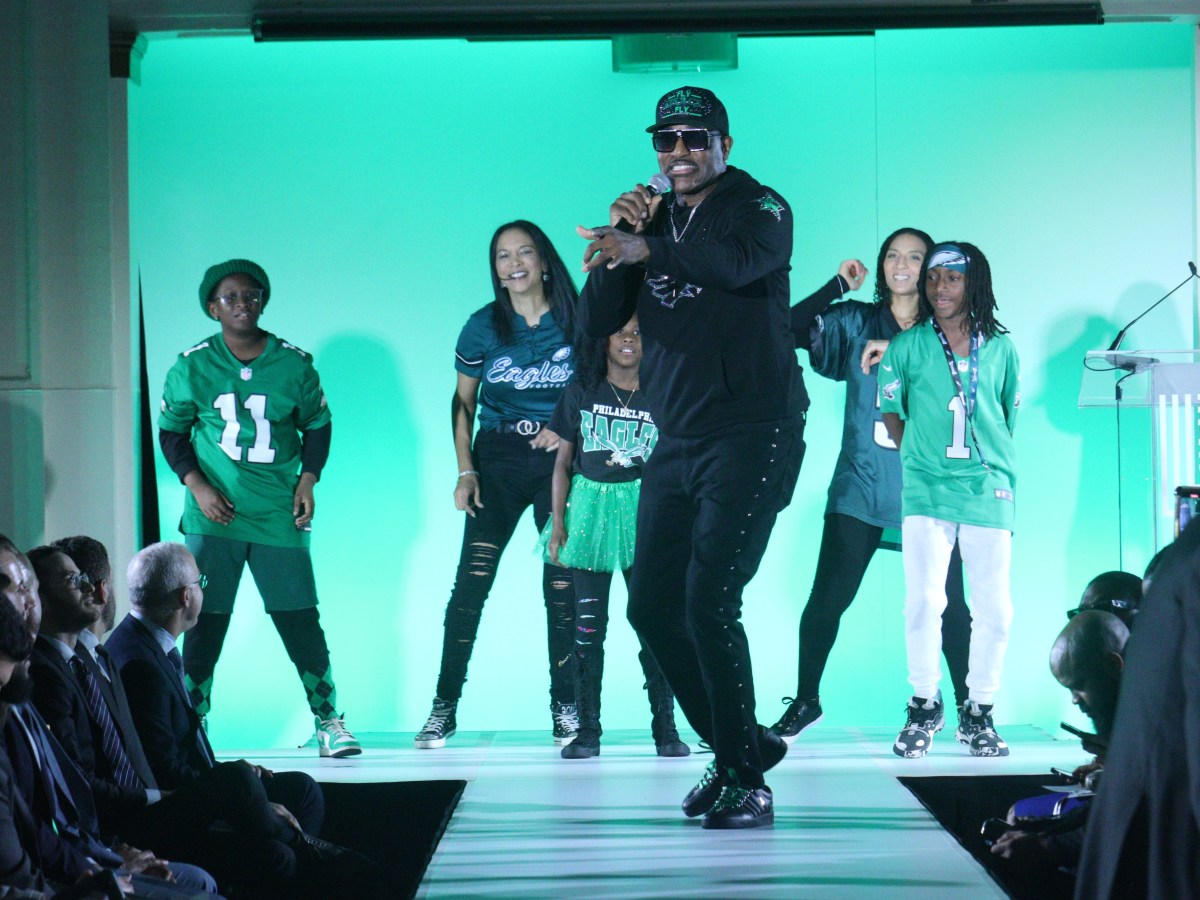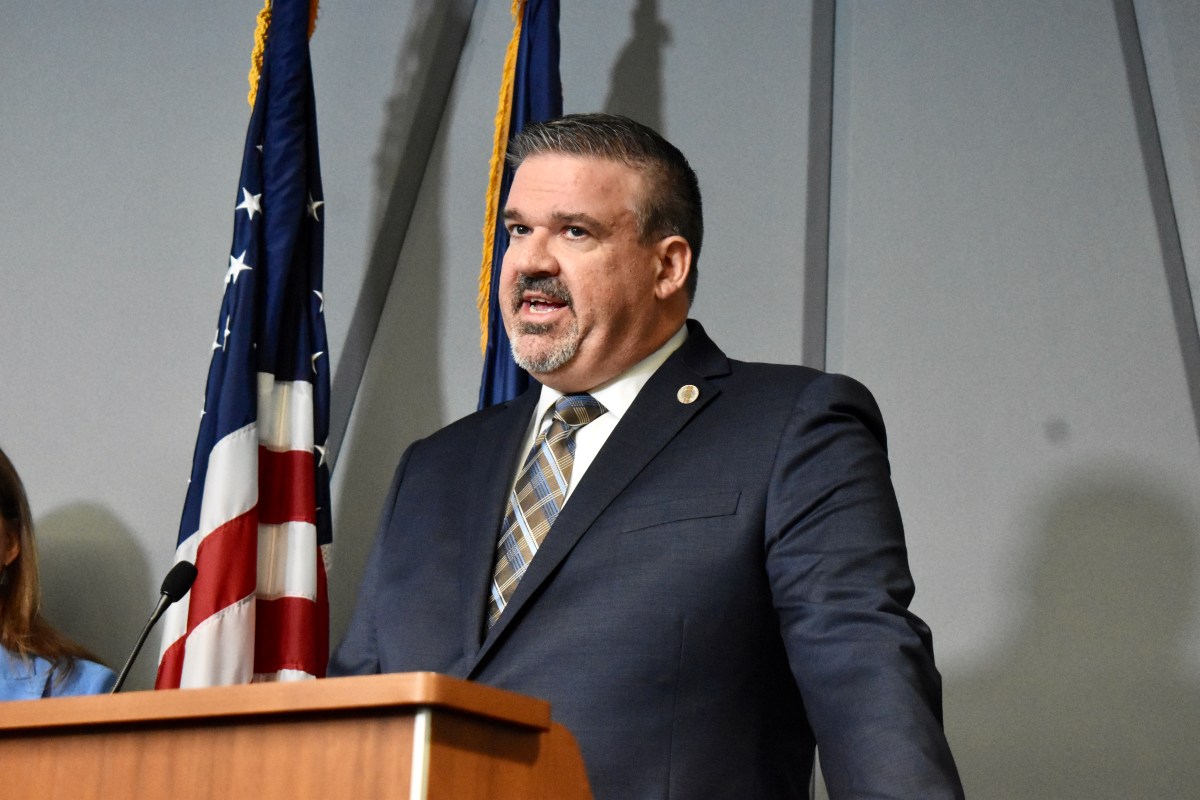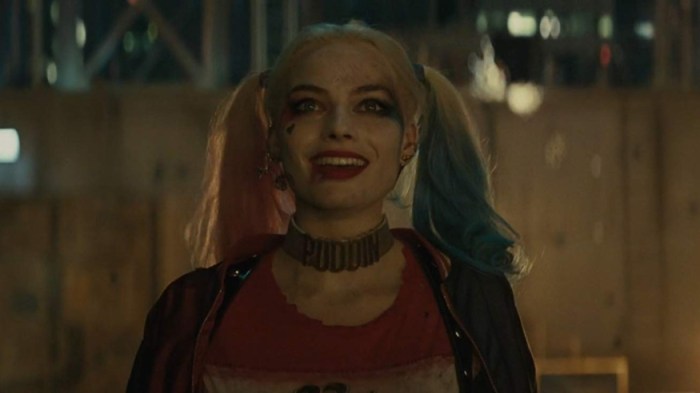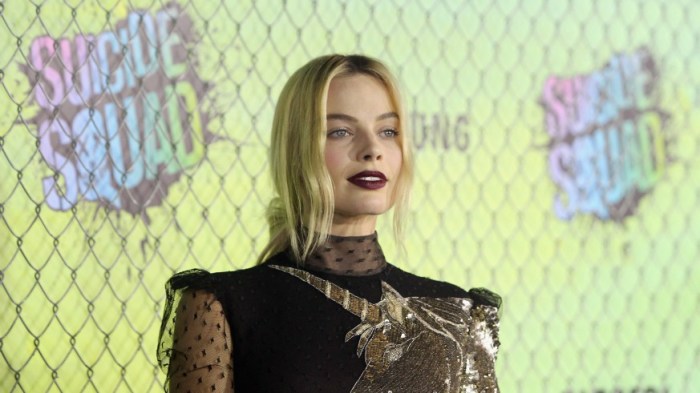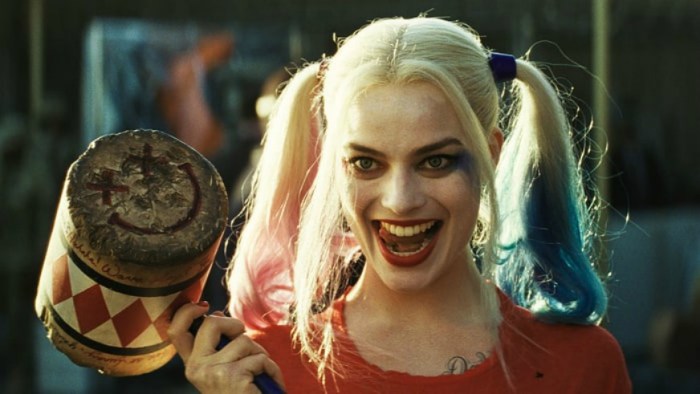While the reviews for I, Tonya have been mostly positive, so much so that it currently has a score of 90% on Rotten Tomatoes, there has been some discontent over its depiction of domestic violence.
Some critics have attacked the film for trying to put a comedic spin on the domestic abuse that Tonya Harding is repeatedly on the receiving end of, at first from her mother LaVona (Allison Janney) and then her husband Jeff Gillooly (Sebastian Stan). When I sat down with Craig Gillespie, Margot Robbie, and Allison Janney to chat “I, Tonya” all three admitted that tackling this subject in the correct manner was of the upmost importance to them.
“It was the thing I was most concerned with,” Craig Gillespie admitted. “Because it is so heinous in the film. But having read the script and wanting to know the character of Tonya, I knew we couldn’t shy away from it. It has to be brutal because it really informs you of her choices in life.”
“A large part of my first conversation with Margot Robbie was, ‘How should that interaction between them happen? How much can she fight back?’ We needed to find the right actor to play Jeff, so that we could have access to him, feel empathy, too, so we can try to figure out that cycle of, ‘Why do they keep coming back to each other?’”
“Domestic violence is prevalent in the script, and we were very conscious about depicting it in the right way,” Robbie, who produced the film and stars as Tonya Harding, added. “We wanted to respect the issue, but we didn’t want to sugar coat it, too.”
“It was a huge part of her life and we couldn’t just pretend that it wasn’t. That wouldn’t be doing it justice, and that wouldn’t be doing her justice. The film shows you the repetitive nature of abuse, for some people, and the vicious cycle that can have.”
One of the key moments of filming was when Craig Gillespie decided to experiment with Tonya talking directly to camera after being attacked by Jeff.
“We came up with the idea of breaking the fourth wall during filming for that first violent scene. That wasn’t in the script. Because that showed that she had become so used to it and was numb to it. It shows how disconnected she was from what was happening in her life. So much so that she can talk to us. So that reinforced her mental state,” Gillespie explained.
“By breaking the fourth wall we wanted the audience to know that, on some level, she is OK,” Robbie added. “That she is emotionally disconnected. That made it easier to stay with it.”
“There are moments that are really confronting. I was worried that we might have gone too far, and that we wouldn’t be able to get the audience back with Jeff and Tonya. But Craig did a great job of getting people to forgive Jeff, and thus you can understand the repetitive cycle of these relationships.”
Allison Janney, who has received such rave reviews for her performance as LaVonna that she is a front-runner for various Best Supporting Actress gongs, also admitted that she struggled to get into the mindset of her character because of her actions. Although at first she was excited to play such an evil person.
“I went through waves. At first I was like, ‘I can’t wait. This is so exciting.’ Then I was like, ‘Oh sh**, I’ve got to do this now and get into the mind of her character.’ I had to try and work out how to justify what she does as a mother. She is such a horrible mother.”
“But then I found my way by listening to the interviews and knowing that everything she did was for her daughter. To not make her soft. She wasn’t trying to be her best friend. She was trying to make her a champion.”
“I could get behind that. And knowing that this woman probably came from her own abusive family. Abuse is cyclical. It becomes this terrifying normality of life.”
You can judge how “I, Tonya” handles these scenes for yourself now, as the film was just released in New York, and will expand across the rest of the United States over the next few weeks.

